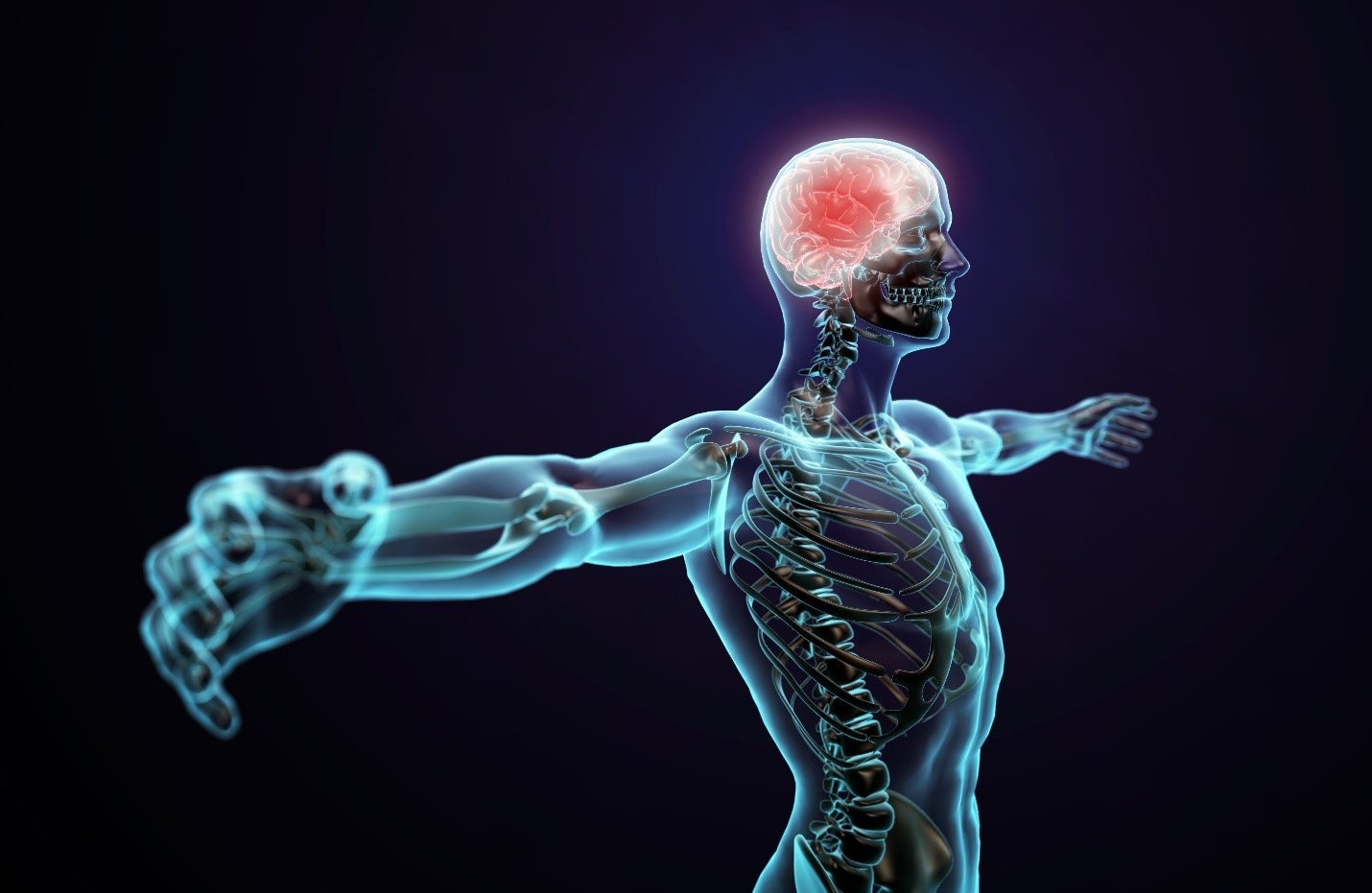Taking Care Of Your Body Requires Taking Care Of Your Brain

How often do you actually think about the brain inside your skull on a day-to-day basis? I would wager not often if at all, unless or until something goes wrong. It’s truly amazing how we humans tend to totally forget about how astonishing the brain inside our skulls is. The brain is the most extraordinary organ in creation. We still know so little about it, but we are making progress, thanks in large part to the study of metacognition.
Thinking And Wondering About The Brain With The Brain
As we move into a new phase of actually thinking about thinking, and thinking and wondering about the brain and the mind, wondering if they are the same and, if not, how are they related, we are beginning to discover more and more about this fascinating part of our human anatomy and consciousness.
As I mentioned in last month’s blog, How Metacognition Leads To Improved Mental Health And Reduced Addictive Behavior metacognition is a field of study that has been in progress for decades. (You’ll find a link to my blog at the end of this article.) Metacognition involves the scientific study of how the mind can be aware of, and control, its own activity. Understanding how the mind works gives us insight into how we can use it better.
As the last frontier in our exploration of our being human, the brain is already revealing more about the interconnectedness of all the bodily systems and organs. The brain coordinates all the functions down to the cellular level. So far, we’ve spent decades tending to the needs of the body in terms of feeding it well and exercising it. As an article in Neuroscience News puts it, “We exercise, control what we eat and buy ergonomic desk chairs to take care of our bodies — it’s long past time we take the same care of our minds.” https://neurosciencenews.com/metacognition-mental-health-19649/
Our Brains Are Being Hijacked
My work with drug-free and surgery-free pain relief and addictive behavior points directly to the role the brain plays in both pain and addiction. The increasing popularity of alternative pain-relief methods including chiropractic, meditation, yoga and more, are helping us understand the nature of compulsive behaviors, attention issues as well as emotional problems. Scientists have shown that one of the side effects of our modern technology is that “apps, games, social media and online content can hijack the learning pathways of the human brain.” The article goes on to state that, “The pandemic has poured gasoline on this crisis. It has forced many people into social isolation and contributed to an even greater reliance on devices for social interaction and entertainment.” https://neurosciencenews.com/metacognition-mental-health-19649/
Turn Your Mind To Your Brain
We simply have to begin paying more attention to what’s going on inside our heads. We have to start really honing-in on our thoughts. While metacognition is still a fuzzy concept, it may help to think of it this way: think of the brain as having both software and hardware. The software is our thoughts, feelings and conversations with others; the hardware is the neurons and connections between them. When you start to really focus on your thoughts, you may be amazed to realize that we use the brain to think about the brain. Science is just beginning to understand how the hardware and software interact.
Our brains hold the secret to our pleasures and our pains. According to Neuroscience News, “metacognitive training has demonstrated significant benefits in therapy, education and even business.” I see the benefits extending into the areas of addictive behavior as well.
Just as one aspect of human health depends on mastering our physical systems, it is my belief that achieving even greater health depends on understanding and controlling our own psychological states. There are so many evidence-based actions we can take to design a personalized toolkit of mental habits and strategies. Doing so will allow us to be more deliberate with our thoughts.
The good news is that metacognition is helping us become smarter about our own minds. And with a mental health crisis due to the pandemic, there’s never been a more vital time to do that.
If you missed it, last month’s blog can be read by clicking here:
How Metacognition Leads To Improved Mental Health And Reduced Addictive Behavior
